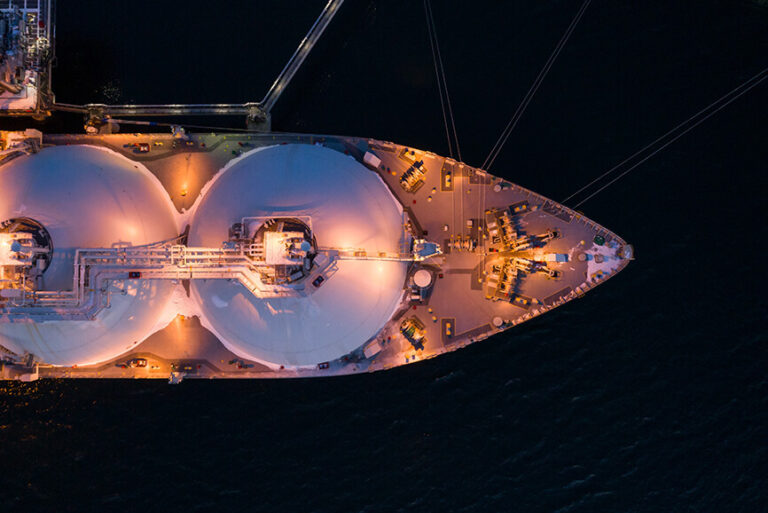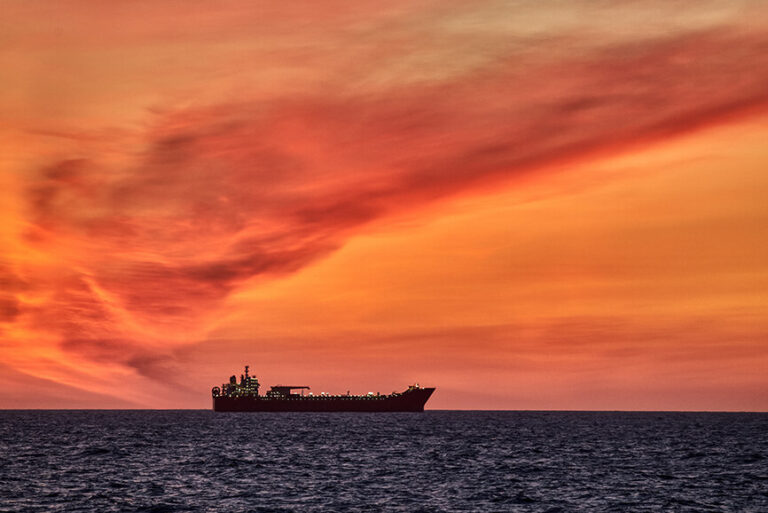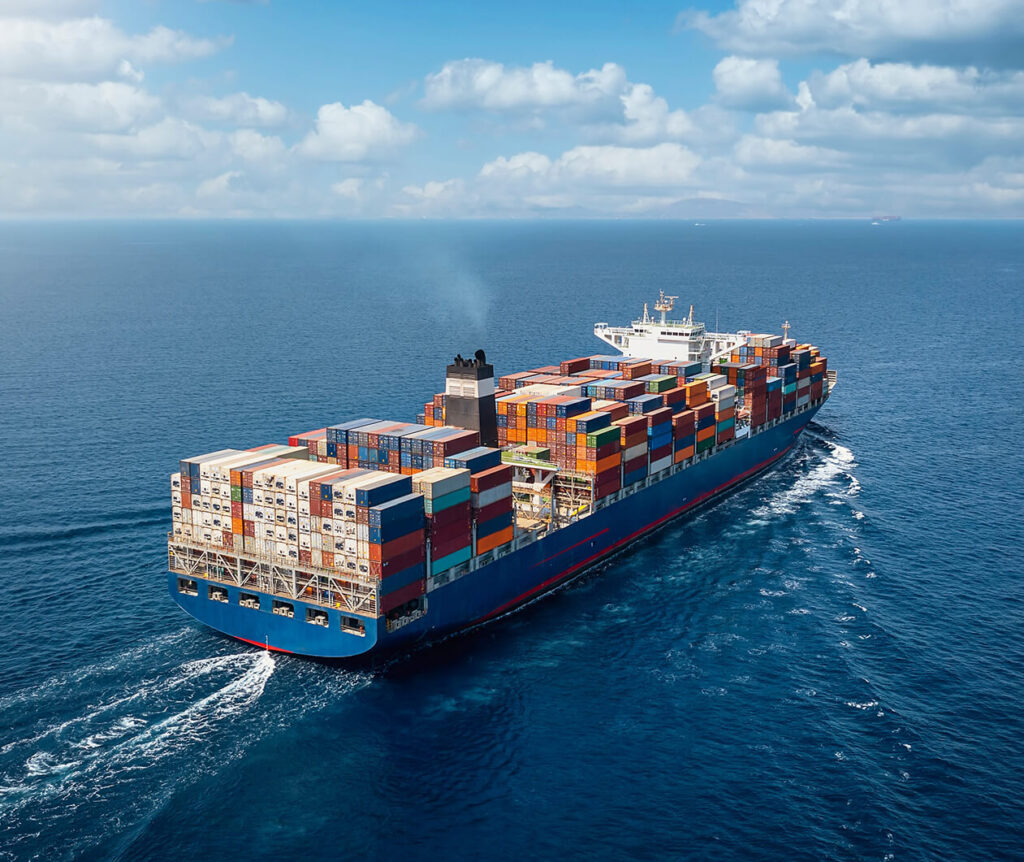Increasing Unpredictability
Fuel price volatility is a critical risk to the maritime industry. Our maritime insurance policy reduces the adverse impact of price movements to stabilise the balance sheet and improve earnings. The insured is protected from price increases whilst benefiting when bunker fuel prices decline in their favour.




